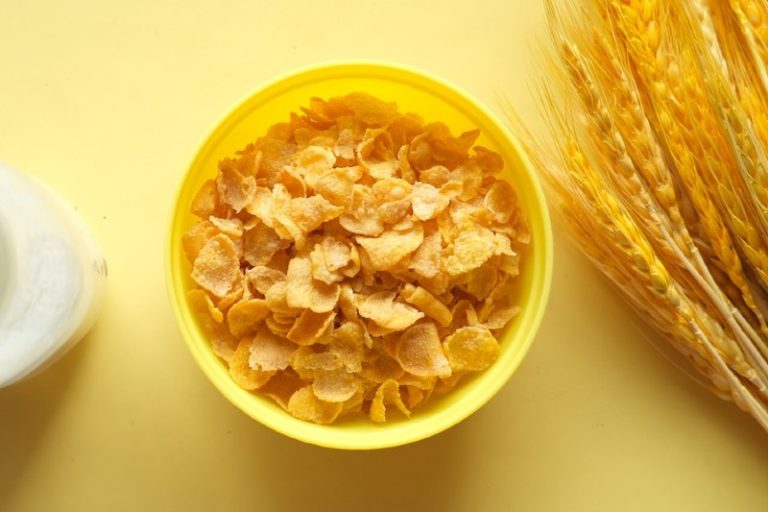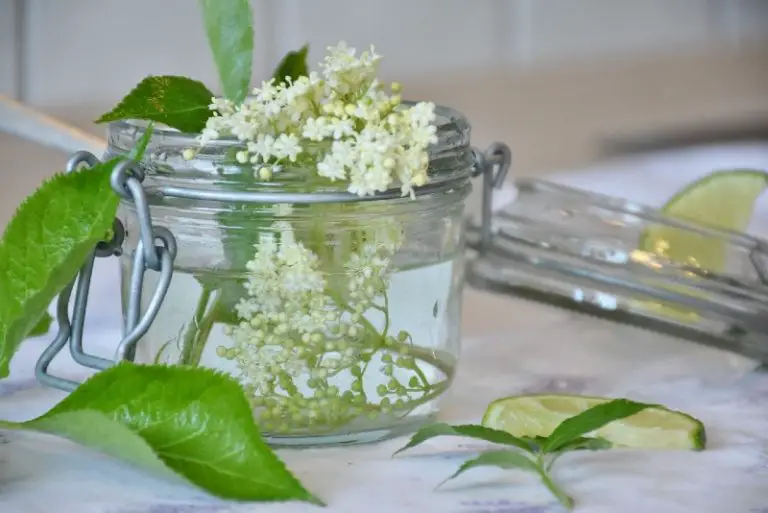Lemons, Salt, Hot Water and Brushes – The Shopkeepers Guide to Natural Cleaning
I have seven main ingredients in my cleaning artillery:
Lemon juice
Greenfrog cleaners
Bicarbonate of soda
Vinegar
Salt
Almond and essential oils
Hot water
Then I have the following equipment:
Brushes
Cloths
Scourers
Elbow grease
If you read the names of the chemicals at the back of the average cleaning detergent bottle, you will know that they are not just toxic to humans but also to wildlife and fish when they enter the waterways. It would take many lifetimes for the chemicals, packaging and toxicity of these products to decompose and dissipate. Any detergents that contain ammonia or chlorine bleach, unless used really carefully, can also be dangerous for the skin, eyes and respiratory system.
The use of many chemicals and synthetic fragrances are also linked to hormone disruption and potentially cancer.
For centuries housekeepers used larder ingredients to clean everywhere around the house ~ houses were far cleaner then than they are now. Partly because posessions were far fewer, but also because there was real knowledge of how to clean, which was passed down through the generations.
We are returning to these old methods, partly because we all want to lead a healthier and more sustainable lifestyle, but also because it is really expensive to believe all the advertisements. You do not need scores of different types of cleaners.
Simpler ingredients can do the job just as effectively and cheaply.
Bicarbonate of soda is an alkali, and if mixed with an acid {such as acetic acid or citric acid in vinegar and lemons} it can scrub away grease, grime and limescale.
Vinegar and lemon juice in hot water with a few drops of washing-up liquid is the best way of cleaning windows, with a linen cloth without fibres.
Salt is sodium chloride, which removes oxygen and kills bacteria. If you scrub a chopping board or kitchen table with a paste of salt, mild soap and hot water you have the perfect ingredients to clean and disinfect.
Similarly tea tree, lavender and eucalyptus oils are essential oils used for centuries for their disinfectant and anti-microbial properties. A few drops mixed with bicarbonate of soda and mild soap creates the perfect cleaner for kitchen sinks.
The hotter the water the better ~ for cleaning ovens, the Aga and floors, I use boiled water from a kettle, or I boil a whole pot full of water on the stove. Heat lifts all grease far more quickly and with less effort than cold water.
Having the right cloths and scourers is often just as important as the ingredients themselves. I use these cotton cloths for everyday use, along with silver scourers and good, solid wooden brushes.
All our tea towels and cloths go in a separate hot cycle in the washing machine and are dried out in the sun whenever possible. UVA and UVB light rays are also effective disinfectants, for all textiles and chopping boards.
The best way to clean cooking pots and roasting pans is to leave them overnight with washing powder dissolved in boiling water ~ the grease will slide away the next morning. In fact hot water and soap soaking are always effective ~ time and heat clean most things.
For polishing wood I use almond oil ~ a clean, pure oil with no fragrance.
I also use beeswax for floors and kitchen tables.
And don’t forget the cheapest cleaning ingredient of them all ~ fresh air. Take out cushions, rugs, pillows and tablecloths and shake outside. Open windows. Turn off the central heating and leave the house to breathe, dispelling odours and moulds. And the best pot-pourri perfume of all is a fresh pot of thyme, lavender or rosemary.
Frugal. Simple. Quick. Cleaning should not be a bore or a chore.


